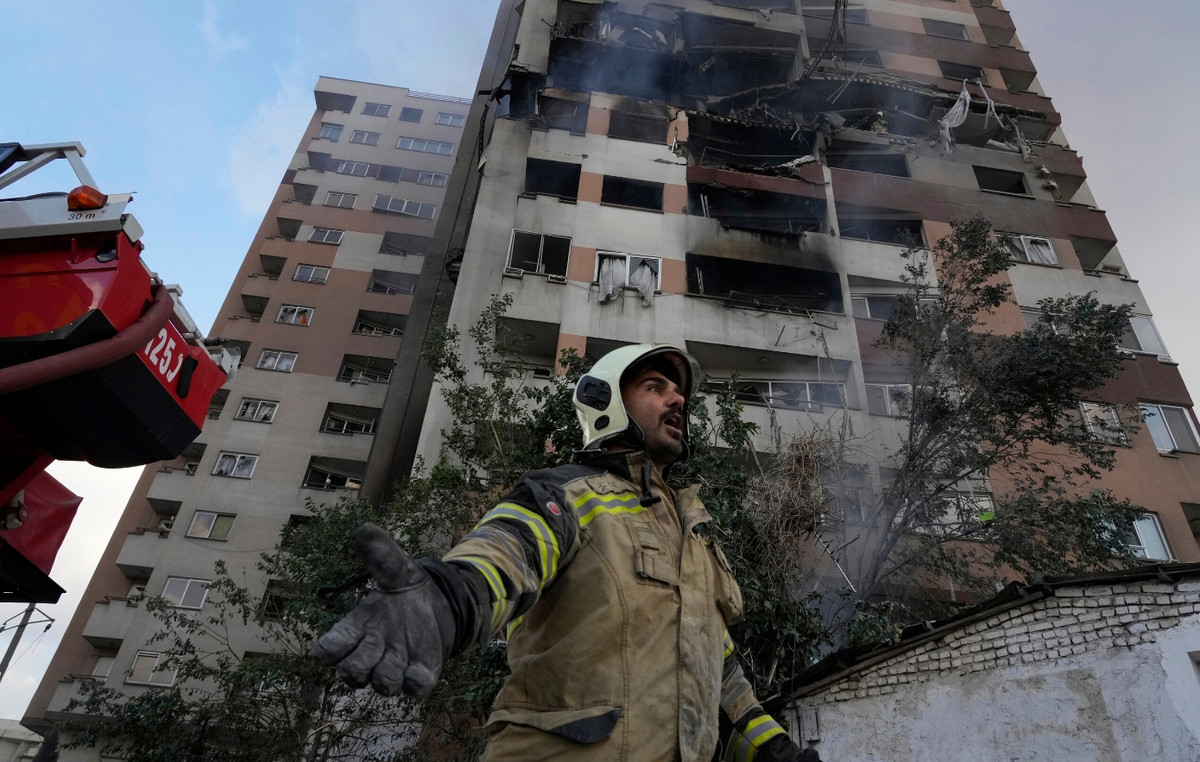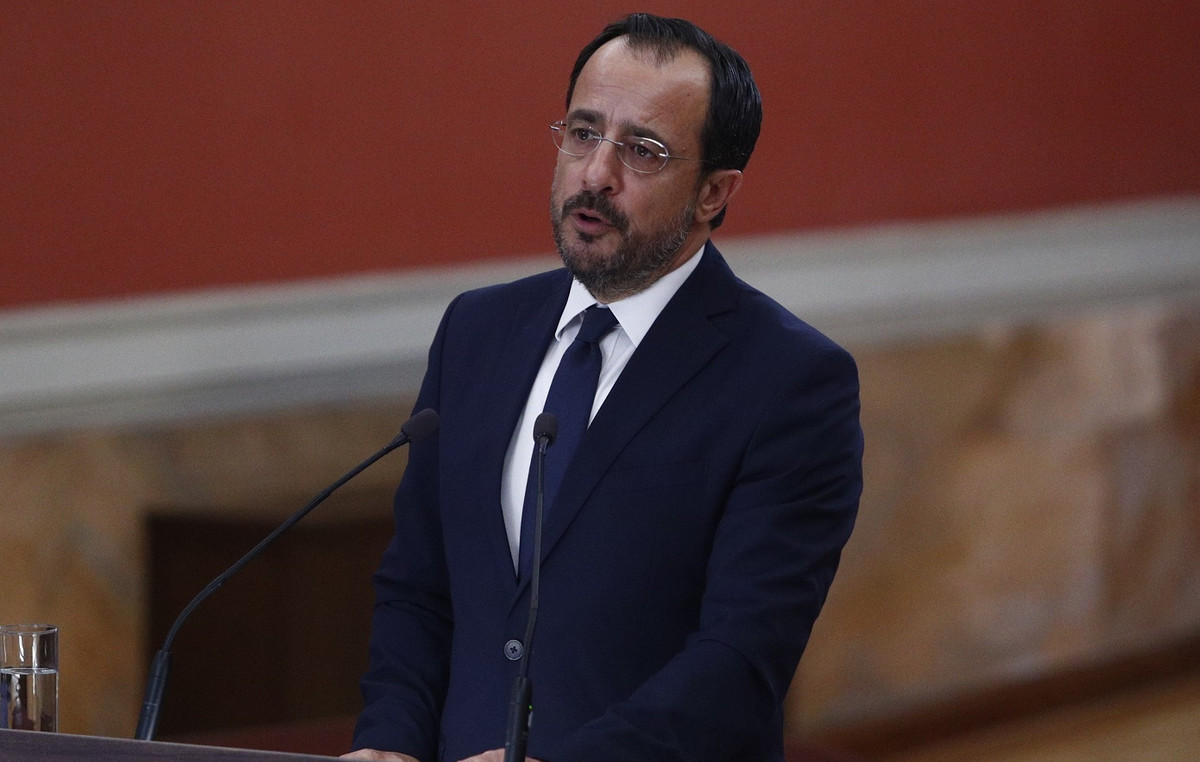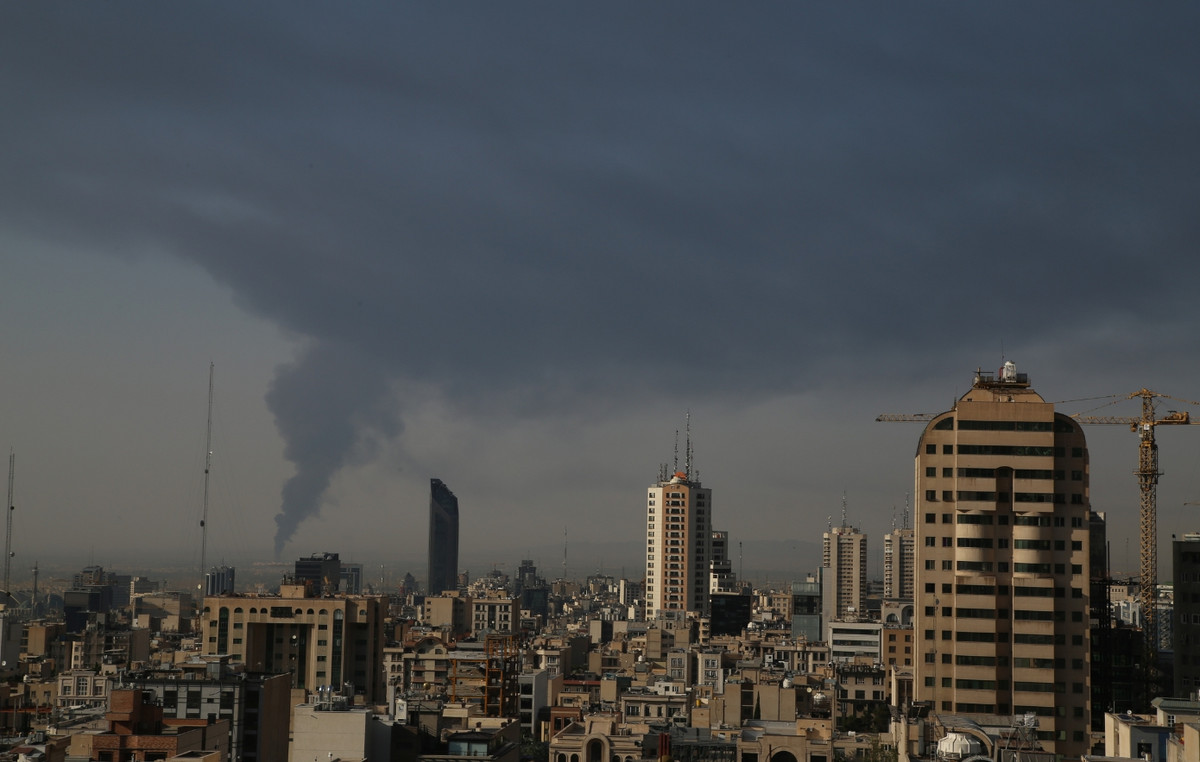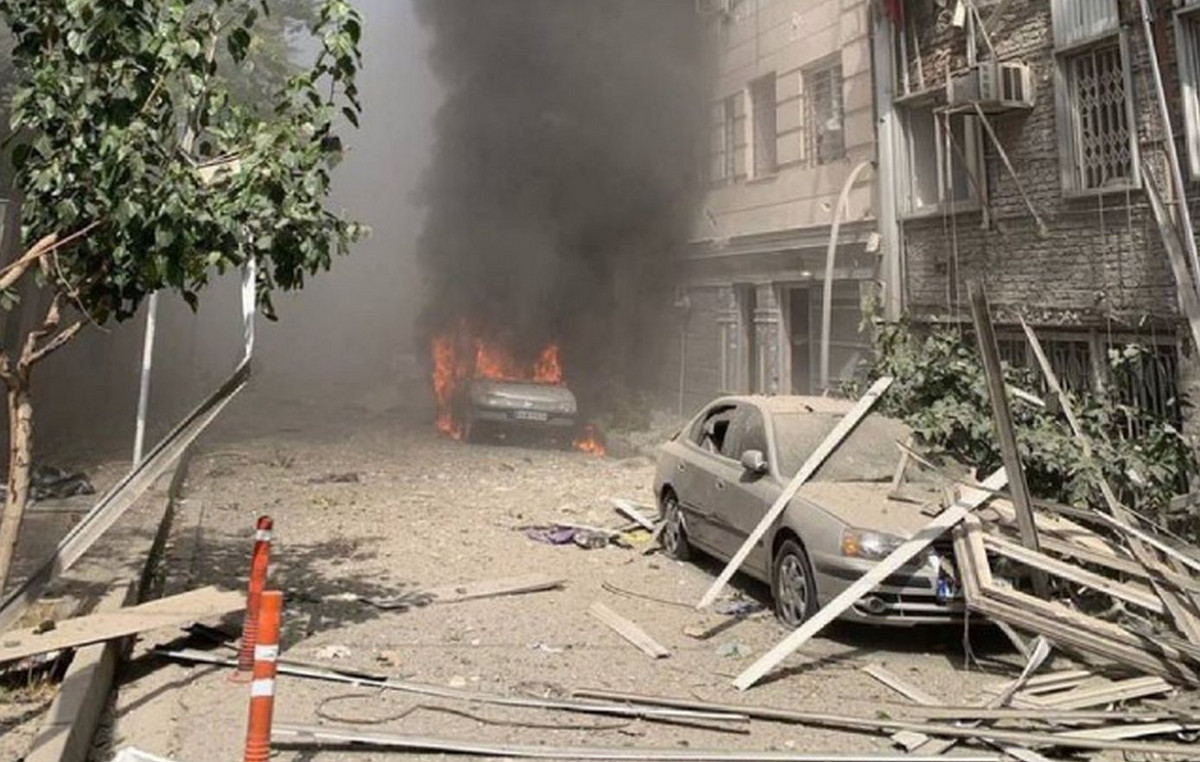Ethiopia is again grappling with heavy internal conflicts, which have unleashed a wave of violence and death in recent days. After the end of the war with the separatists in the Tigray region, with the signing of the truce last November, the government of Prime Minister Abiy Ahmed is now dealing with a delicate issue in Amhara.
The region has been the target of serious conflicts in recent days, with shootings in several cities, between federal troops and regional militias, resulting in the death of at least five people.
This Wednesday (12) reports are of a return to normality in the cities of Gondar, Debre Birhan and the regional capital Bahir Dar, which have been the target of the conflicts of recent days. Residents bearing the brunt of the protests said shops, banks and government offices were back up and running, with traffic flowing.
“The city is now almost back to normalcy,” said a resident of Debre Birhan, who declined to be identified.
Bekele Gebre, head of the health department in Debre Birhan, said authorities were still checking victims of the protests on Tuesday. That is, the official death toll may increase in the coming days.
A resident of Gondar, where a large protest took place on Sunday, also said the town was relatively peaceful. It was not clear why the demonstrations had subsided.
Authorities had imposed nighttime curfews in some towns but were not fully implementing them, the Gondar resident said.
understand the case
As an ethnically fragmented country, Ethiopia needed to create specific laws that could guarantee the country’s unity without infringing on multicultural freedom. Its constitution allows its 11 states, formed on a linguistic and cultural basis, to have their own police forces.
However, many of the regions took advantage of legal loopholes to create paramilitary forces, operating outside constitutional limits.
This situation created considerable problems for the central government during the conflict with Tigray forces. During the two years of war, there were many reports of excessive violence and human rights violations allegedly being committed by Ethiopian military forces against separatists. Most of these atrocities, according to the government, would have been committed precisely by these regional paramilitary forces.
To curb abuses, Prime Minister Abiy Ahmed announced last week that these regional forces would be integrated into the army, or police. The move sparked protests across the country, but in Amhara militias reacted with violence.
Abiy said the move is in the interests of national unity, but Amhara leaders and activists have in recent months accused the government of turning a blind eye to atrocities committed against ethnic Amharas who live in neighboring Oromiya region and planning to hand back the territory. captured from Tigray forces.
A government spokesman did not immediately respond to a request for comment on those allegations.
(Fábio Nascimento, with information from Reuters and the Guardian)
Source: CNN Brasil
Bruce Belcher is a seasoned author with over 5 years of experience in world news. He writes for online news websites and provides in-depth analysis on the world stock market. Bruce is known for his insightful perspectives and commitment to keeping the public informed.







